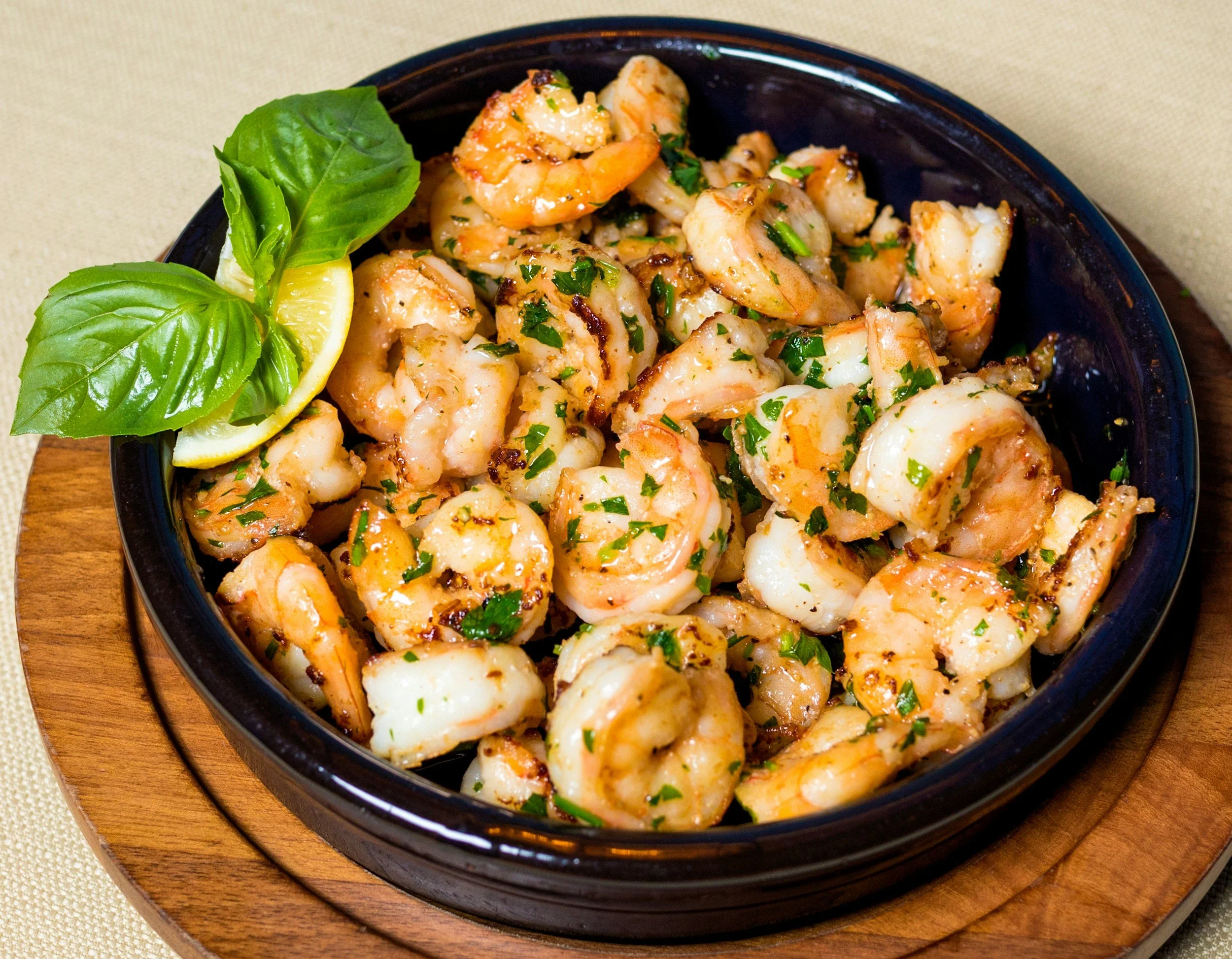Chocolate stories, and is dark chocolate really healthy for you?
/Chocolate has a history that goes back as far as 4000 years, when it was used by the cultures of MesoAmerica, beginning with the pre-Colombian Olmecs and followed by the Mayans and Aztecs. Back then, it was made as a bitter drink, cooked with water, spices, and no sugar. It was a “drink of the gods,” intended mostly for the elite, with one exception: evidence suggests that some sacrificial victims were given chocolate to drink (spiked with the blood of previous victims) to “get them in the mood” to die.
Later, chocolate would become associated with its wealthy, aristocratic and bourgeois imbibers in Western Europe. By the mid-17th century it had become fashionable in European tea salons. By the early 19th century, fueled by the technological advances of the Industrial Revolution, it began to be mass produced for popular consumption.
This is also when chocolate became less healthy. Europeans hated the taste of chocolate until it was mixed with honey or cane sugar. The original recipes were “improved upon”, and chocolate began to be refined, adulterated with alkaline salts, milk, and sugar. This additional processing also drastically cut the costs of production for manufacturers like Cadbury (founded in 1824) and Hershey (founded in 1903), the latter of whom produced 100,000 pounds of chocolate per day.
Most of this chocolate was produced with very little actual cacao. So whatever health benefits there might have been in the early days of chocolate was essentially lost with its mass production.
With the exception of dark chocolate, that is. While milk chocolate contains as little as 10% cacao (the minimum for the FDA to allow manufacturers to call their product “chocolate”), most dark chocolate contains between 65% and 85% cacao. The higher the percentage of cacao, the less sugar, but that also means that the higher the percentage of cacao, the more bitter the taste of the chocolate.
It’s commonly believed that dark chocolate does have health benefits. And the medical research back up that belief….mostly.
Recent research, drawing upon a longitudinal study that looked at individuals from 23-98 years old, suggests a link between chocolate consumption and improved cognitive and cardiovascular functions (including reduced blood pressure). In another study, researchers claim that cocoa products that contain around 100 mg epicatechin (a flavanol with strong antioxidant properties, known to mimic insulin and improve heart health) can reliably increase certain cognitive functions, and that cocoa flavanol doses of around 900 mg or above may decrease blood pressure. Finally, a study by German and American researchers suggests that cocoa flavanols and methylxanthines (molecular compounds which are simultaneously stimulants relaxants) work together to dilate blood vessels.
In other words, all these studies suggest that chocolate is both brain-healthy and heart-healthy food.
Unfortunately, that’s not the whole story. It’s easy to make that kind of connection (and who wouldn’t like an excuse to feel even better about chowing down on too many yummy chocolate treats this Valentine’s Day?), but there are a lot of blanks left to be filled in here.
The first study doesn’t specify what type of chocolate was used, or what other lifestyle and dietary factors might be influencing the health outcomes of study participants. It also notes that these benefits may be experienced only by certain individuals, and that further study would be needed to be able to say that there is a definite connection between chocolate consumption, cocoa flavanols, cognition, and other factors that could be considered “causal mechanisms”’ influencing the body’s response to increased chocolate consumption.
The other studies use more sound research methods and provide stronger evidence for the brain and heart-healthy benefits of cocoa, but all studies stop short of saying that eating dark chocolate will make you stronger and healthier.
And yet, there are a lot of articles out there suggesting that this is the case.
Ok, before you give yourself a reason not to treat your sweetie with chocolates this Valentine’s Day, I should also tell you that there have been many studies conducted over the past decade or more that suggest there is a connection between cocoa and improved health outcomes. All of these studies can’t be wrong. Or maybe that’s just wishful thinking on the part of an admitted (and unashamed) chocaholic (with two children who have also inherited this disease…)
The truth is, not all dark chocolate is created equal.
To even have a chance of reaping some of the touted benefits of dark chocolate, you have to consume good dark chocolate. Like gourmet, and not cheap. Hershey’s dark chocolate doesn’t do it. If you want to get chocolate for your sweetie (or yourself) AND get some of those health benefits, try the good stuff. That includes these varieties:
Ghirardelli Intense Dark Chocolate (72% and 86% Cacao chocolate bars or squares)
Green & Black’s Organic (some varieties, like Maya Gold, are also fair trade – important if you care about the scourge of child slavery in parts of the chocolate industry.)
Theo 100% organic, fair trade, and non-GMO, based in Seattle.
Denman Island Chocolate’s Cocoa Loco – Canadian organic chocolate company with products available in Canada and some parts of the US
Newman’s Own Organics dark chocolate varieties. Fair trade, organic, and yummilicious! There are quite a few available, so take your pick.
Alter Eco. USDA Organic and Fair Trade, with a range of dark chocolate varieties.
Whether you’re a chocoholic like me or just enjoy an occasional indulgence, I’d love to hear from you.
What dark chocolate brands do you like and why? Leave me a comment below!
Like this? Please pin!







































